Paris, April 24, 2015
Spring cleaning is a term referring to cleaning a house thoroughly in the springtime, a widespread practice in North America and Europe. The same practice applies as well in more ancient civilizations.
The term used in Iranian for the same practice is New Year’s cleaning, the Persian New Year (Noruz) falling on the first day of spring.

The Armenian term Easter cleaning, referring to “shaking the house” from top to bottom, removing carpets, washing, anointing with Naphthalene and rolling them up for the summer, coincides with that in Hebrew. Indeed, Hebrews in the Old Testament were commanded to observe the Passover (Pesach), refraining from leavened food. Prior to the seven-day of the fasting. Most Jewish homes are still thoroughly cleansed from drapes to furniture, making them free of even small remnants of bread.
This year, on Holy Thursday (Աւագ Հինգշաբթի), which was the first warm day of spring in Paris, along with the songs of the birds and flower scents from the park, Patricia undertook the organization of the family photos. For more than three decades, we had thrown packs of photos into the wooden bench sitting in the corridor of our first floor. She took them all out, put them on our kitchen table, and then patiently separated them into piles, per category, one for each of our kids; family pictures, weddings, our triennial family reunions, vacation trips, business photos and the AJA – The Armenian Jewelers Association.
Once finished, she sorted each pile chronologically and then according to the categories, she put them in old albums.
The duplicate photos were put in boxes on a shelf in the attic. By Easter Monday (Սուրբ Մերելոց), the job was done. She delegated the sorting of my business and AJA photos to me.
That’s how a pile of photos of the early days of the AJA ended up on my desk.
Memories… A single photo takes a person back to the past, makes him forget the present.
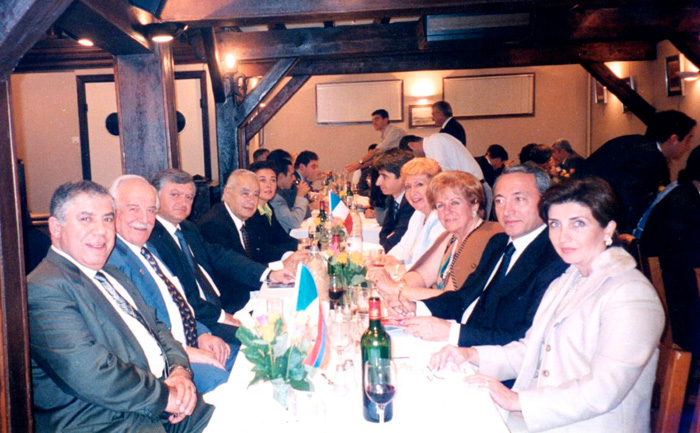
The photo I had taken at the Paris Yan’s Club, where in September 2000 we had our first humble AJA dinner, took me back to my childhood in Lebanon. Back then, Armen, Shahé and I were boy scouts in the same group. We were schoolmates. Every single Sunday we attended church together. Our mothers were in the ladies committee (Տիկնանց միութիւն). Our fathers were on the church board. Further back in Turkey, the Arslanians were from the same town as us. Probably, our grandparents were linked back then.
With the civil war, we all moved to Europe. With the independence of Armenia, Haig Arslanian, the pioneer, established the first large scale company in Armenia, employing five hundred workers.
People are generally nostalgic. They look back at “good old days” and remember only what was good, back then.
I am looking at the photo and wondering if I am simply nostalgic or if there are still people like Mr. Arslanian; a man of his word. He meant what he said and said what he meant. He was righteous, selfless, humble and good.
I remember him complaining that Mrs. Shaké had offered him an expensive gold watch on his birthday; that with that money, they could have helped so many people and made them happy.
I remember Armen telling me back in 1992 that the average salary in Armenia was 50,000 Drams, but that they had set the salaries at 150,000 drams; they wanted their employees to have a good standard of living.
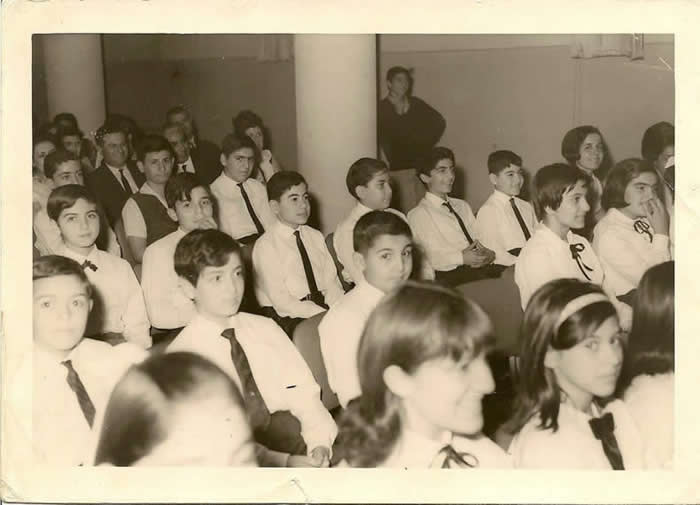
Armen, Shahé, and I were lucky to be born in our families, and for the education we received. At school, we got wisdom and values from a Book we studied. The Book, which was the same one our fathers had studied, taught us,- Humility, “Pride leads to disgrace, but with humility comes wisdom.”,
– Gentleness, “Let another praise you, and not your own mouth” . . . “But when you are invited, go and sit in the lowest place, so that when your host comes, he says to you, ‘Friend, move up to a better place’”,
– Kindness, “Masters, treat your employees justly and fairly”,
– Goodness, “When you give to the needy, do not let your left hand know what your right hand is doing”,
– Diligence, “Whatever you do, work at it with all your heart, as working for the Lord, not for men”,
– Integrity “Simply let your ‘Yes’ be ‘Yes,’ and your ‘No,’ ‘No’”;
– Wisdom, “When words are many, transgression is unavoidable; but he who holds his tongue is wise”… “A fool gives full vent to his anger, but a wise man keeps himself under control”.
We didn’t just read. The above values were hammered into our heads, at home and in school.
The Book does not belong just to a certain school or certain group of people. It is the central pillar of the Armenian culture. Indeed, it was for the translation of the Book that the Catholicos Sahak Partev mandated Mesrob Mashtots, to create the Armenian alphabet. The first sentence written in Armenian by Mashtots was the verse “To know wisdom and instruction; to perceive the words of understanding” (Ճանաչել զիմաստութիւն եւ զխրատ, իմանալ զբանս հանճարոյ).
The Book belongs to all Armenians. It’s just that some families and schools might have misplaced it, or have not seen the importance of transmitting its values of wisdom down to the next generation.
On this April 24th, our Kippur, our Day of Atonement, let each one of us, especially the leaders among us, come together, examine themselves, meditate on what they did wrong; acknowledge their mistakes, straighten their path, looking for forgiveness and atonement. With this spring and Easter, let us all get renewed, reborn. Let us get rid of “the deeds of the flesh (human nature), which are: enmities, strife, jealousy, outbursts of anger, disputes, dissensions, factions, envying . . .” and strive for “the fruit of the Spirit which is love, joy, peace, patience, kindness, goodness, faithfulness, gentleness, self-control.”
On this April 24, after one hundred years, the pope Francis had the courage to speak the truth; great European states recognized the Genocide and their responsibility in it; they placed moral and human values above their own economic interests.
On this April 24th, let us put back the values of our forefathers at the center of our homes, schools, associations, churches and homeland; the faith and the values for which 1,500,000 Armenians were martyred.

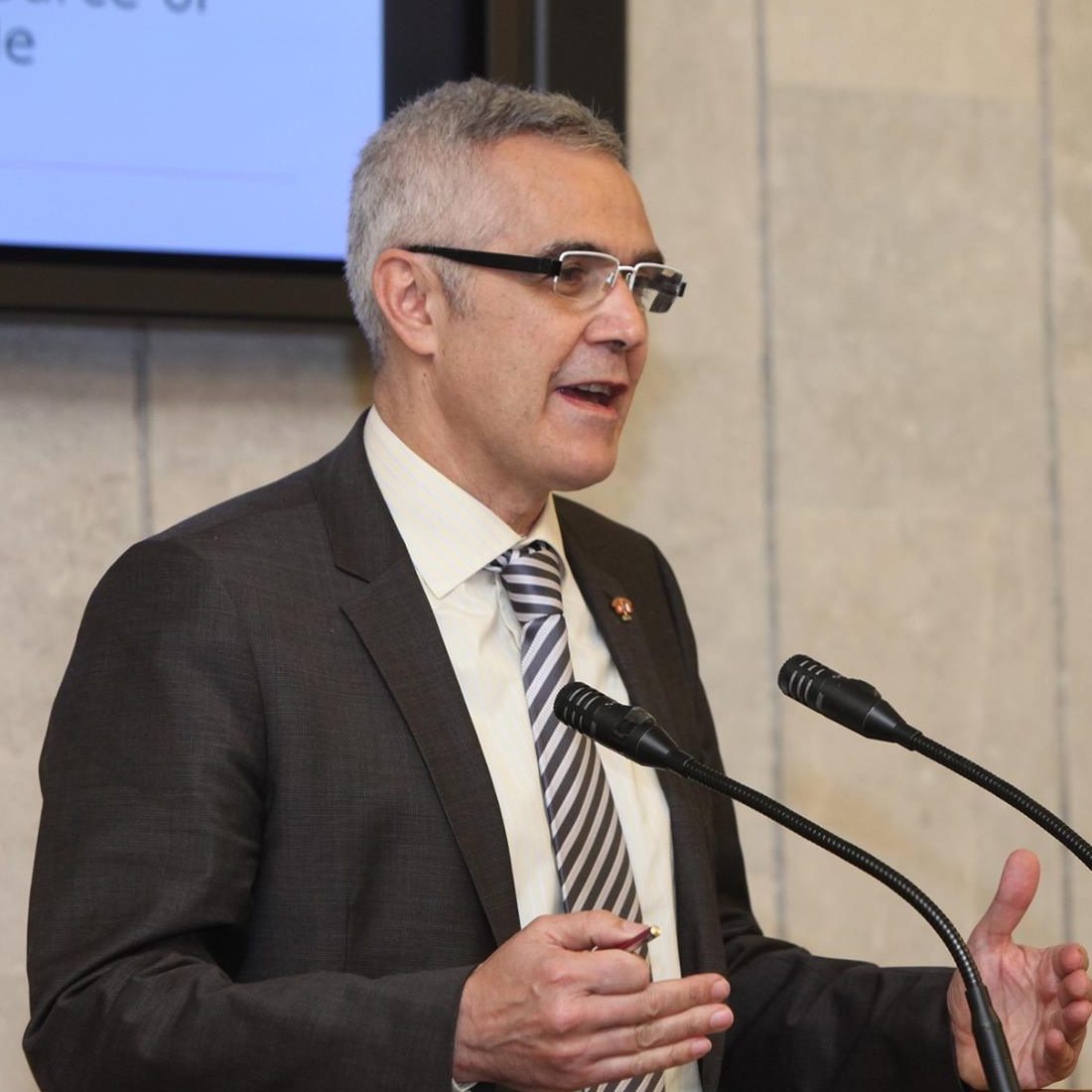
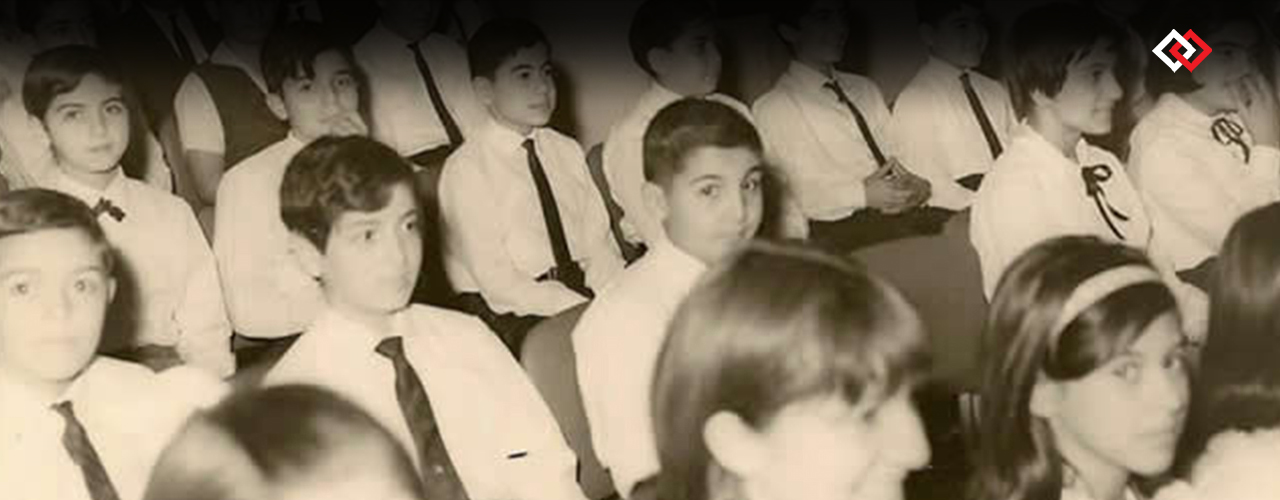
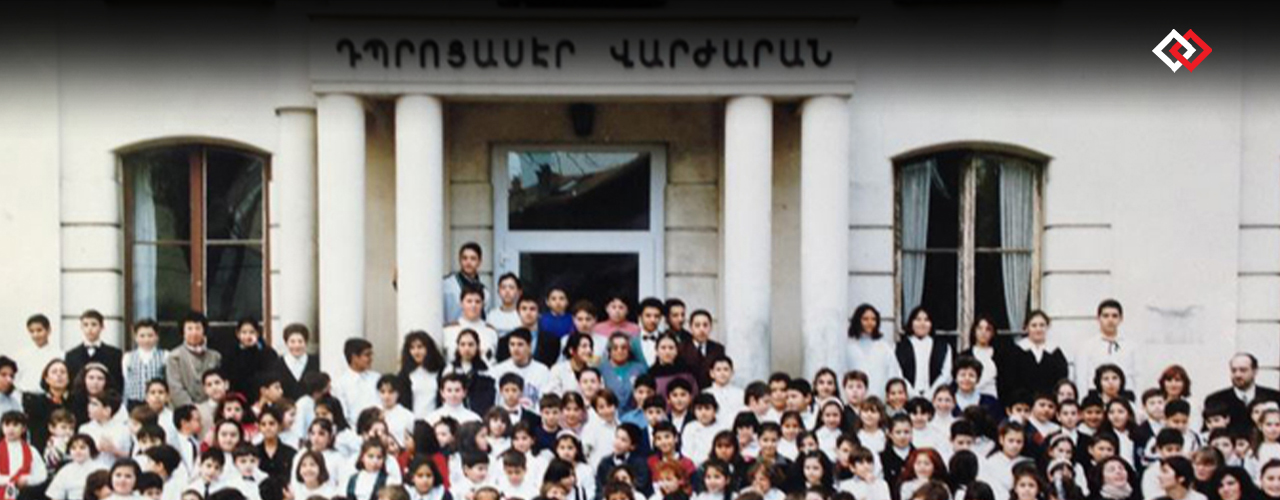
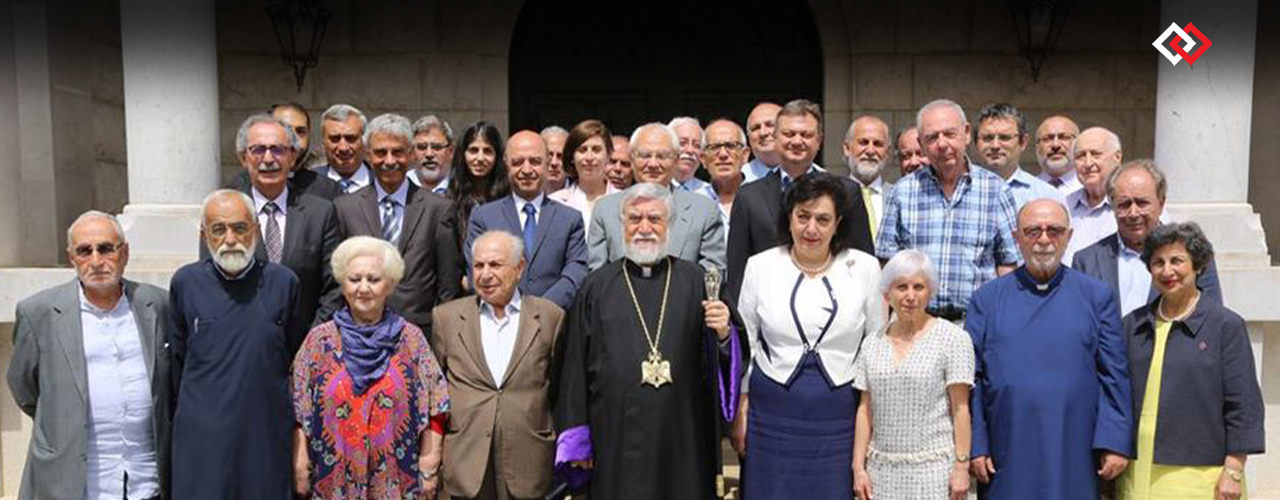
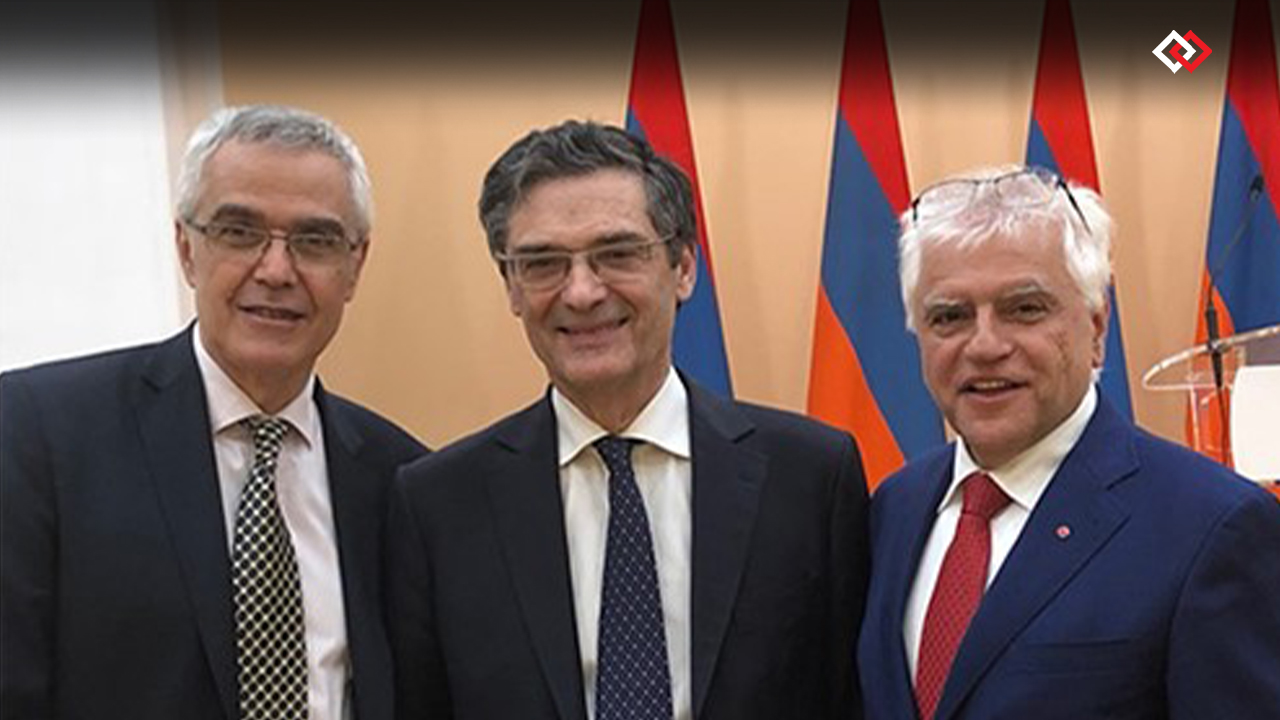
One Response
Thank you!